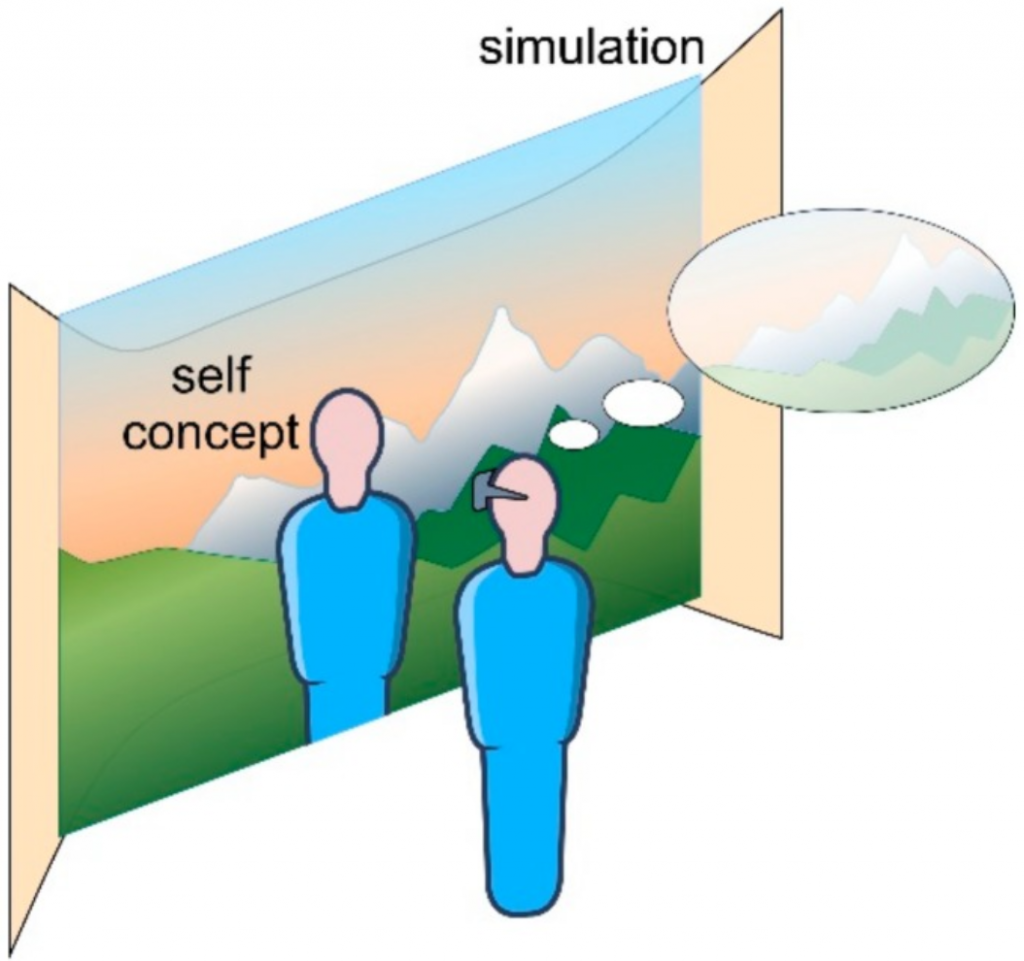
"Hunter gatherers need and create very little technology. They manage to live in a stable relationship with their environments. To the extent that they follow their main prey species around, they are more like proto-nomads. To the extent that they live around their main plant food sources, they are like proto-sedentary cultures.
The biblical archetype for hunter-gatherers has traditionally been the Garden of Eden. Savages are minimalist predators, and simply live off the bounty of nature, in areas where it is effectively inexhaustible. To the extent that their gathering has evolved into agriculture, it is slash-and-burn agriculture based on immediate consumption and natural renewal rather than accumulation and storage of vast quantities of non-perishable food over long periods of time. You could call their style of farming “nomadic” farming, since they move from cultivating one cleared patch of forest to the next, rather than staying put and practicing crop rotation in a small confined (and “owned”) patch of land."
taken from https://www.ribbonfarm.com/2011/03/10/the-return-of-the-barbarian/
Looking at nomadism, as well as studies of ‘hunter gatherer’ allow some bubbling ideas of relating this to how cultures survive on the internet. Also maybe the notations on the garden of eden can relate to the part of the web, named ‘digital gardens’. Obviously I could relate the internet and blogs as our own personal havens of our doing, but this seems obvious, especially when you relate my theory of what ‘support’ means when attributing the means of using the internet as a tool for coping with the outside world. Leading on from this, I want to mention that when people say that they like to ‘research on the internet’ it should be a case of also explaining and extrapolating ‘what level’ of the internet they are referring to. Through my research, the levels of web are all very different yet the fine differences can overlap between spaces such as the cozy web and email... It’s like saying you like reading. What are you reading? What genre, theme, specific case are you referencing.
Saying that though, is it essential to reference? or is it not needed in our current cultural climate? Could it be seen as pretentious or self absorbed?
“I like to research Plato’s early writings” is very different to the sentence “I like to research”...
Ultimately, I am interested in the digital garden space, but how do I allocate a model which suggests this? I could definitely write about my theories in a short essay-manoeuvre, as this is concurrent with the style of opinion as of 2020. (short, impactful, easy to digest blog-style posts), but I’d rather articulate this process with a diagram or system. Could it be worth mentioning how we frame the 1999 ‘classic’ internet as ‘simpler’ or ‘better’ than 2012 and onwards. I guess this is how cultures and groups act retrospective in decades or years. The wave of influence from 90’s culture in fashion and music and graphic design can be mirrored by utilising this ‘simpler time’ scenario with the internet. Instead of collectives, trends and fads, we have information, social media and ‘fake news’ that help us define the internet timeline. I found this image a few months ago, and it shows some idea of simulation through a screen or mirror or window between a solitary ‘self’. I want to include this ‘self-concept’ theory into my own model. I act upon my past experiences on forums, blogs and gaming communities to then revitalise them in a self-reflective process. After processing my interests by looking into my past, I ‘activate’ them again by implementing them as instances of video, sound or performance.

“Virtual Reality seen as a “simulation.” Virtual Reality is considered as a simulation of the external reality; however, even as such, it can represent things that are not seen and understood in reality in a distanced way such as the way one appears in reality or how he or she forms his or her image of the world. Even though Virtual Reality is first perceived as “virtual”, exactly in it one can see that their view toward the world is somewhat blurred or fading. As a result, from such a realisation, one can see clearly that... impacts self-image and world view, and understands objectively that their world is not as broken as they imagine and that it could be fixed.”
Unlike the main public internet, which runs on the (human) protocol of “users” clicking on links on public pages/apps maintained by “publishers”, the cozyweb works on the (human) protocol of everybody cutting-and-pasting bits of text, images, URLs, and screenshots across live streams. Much of this content is poorly addressable, poorly searchable, and very vulnerable to bitrot. It lives in a high-gatekeeping slum-like space comprising slacks, messaging apps, private groups, storage services like dropbox, and of course, email.

I like the idea of a fork- mirror practice articulation.
I have the location, and instance of choice when it comes
to both my ability to perform and facilitate previous experience
as gestures of memory device. Space that is activated vs. space
which is inactive until acted upon for a means to exist.
my model situates my interest in performance,
improvisational art / conversation, fully existing and externalising
inner thoughts. living in the complete present, my relations with
physical space and sound. Performance as an armature of the self
digital self, activating connections within my interests through
glocal connections, mostly prioritising the digital garden. Using
the narrative of my ‘upbringing’ on the internet as a retrospective
motion to then find artefacts from the past to understand the present.
dredging the caverns of both the Web2.0 and my mind.